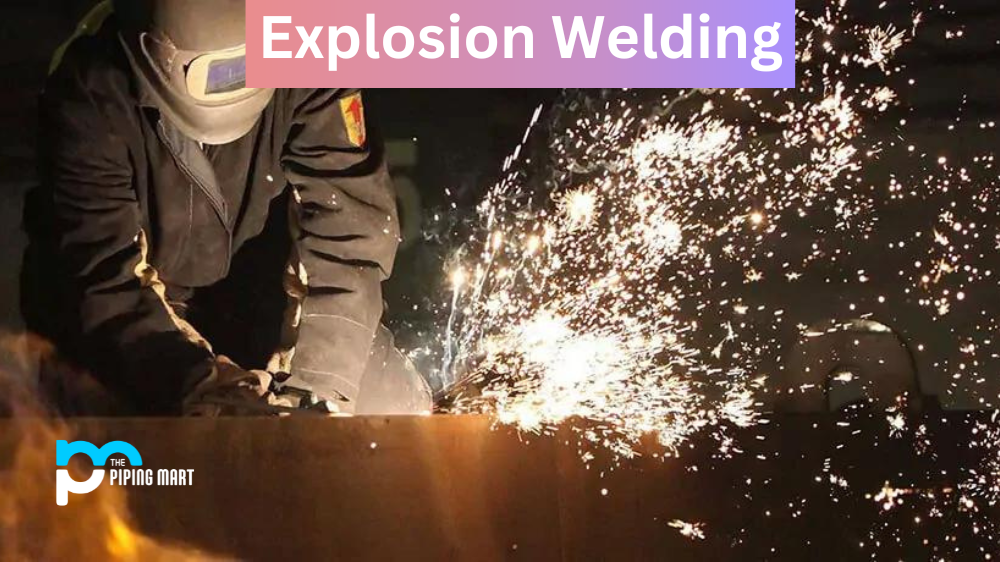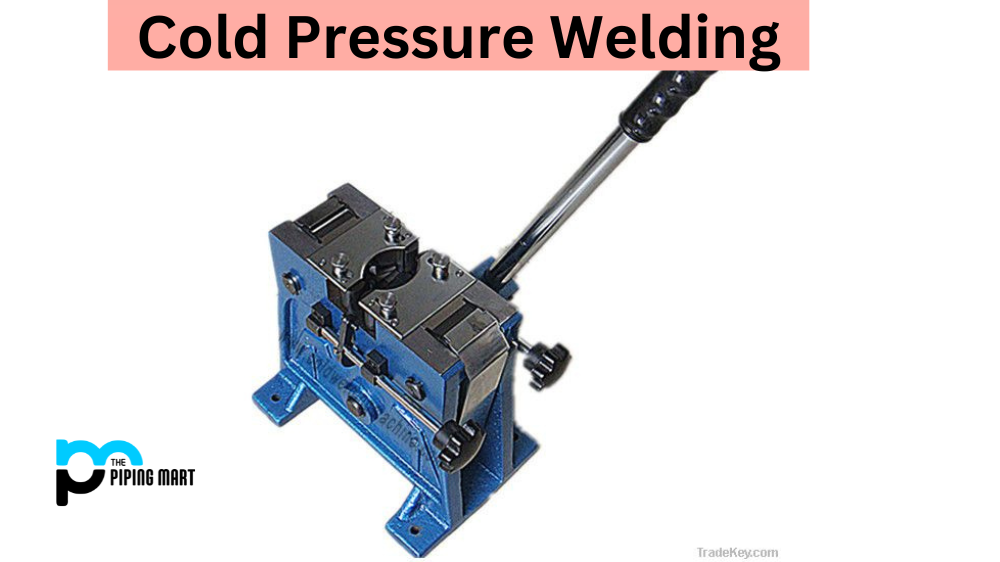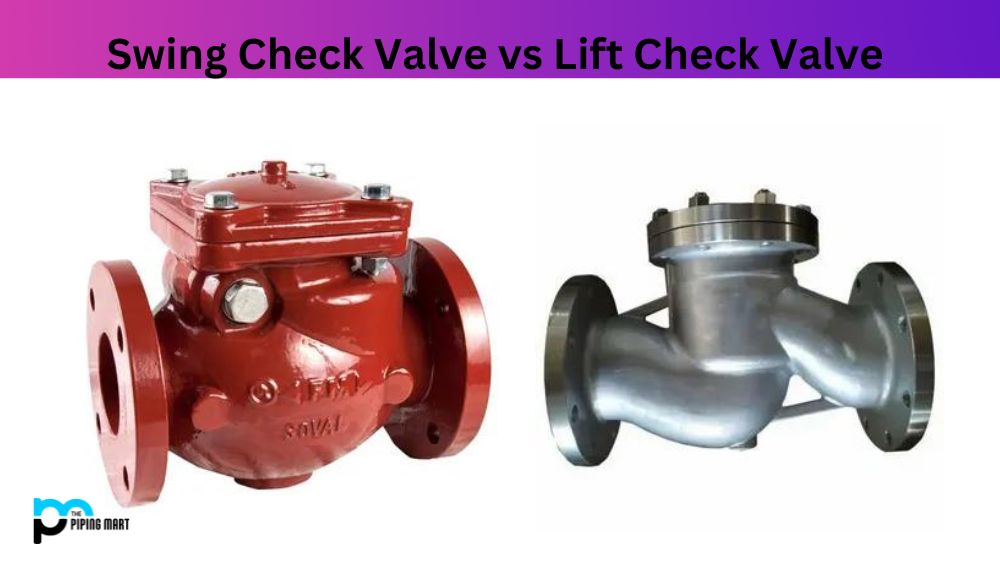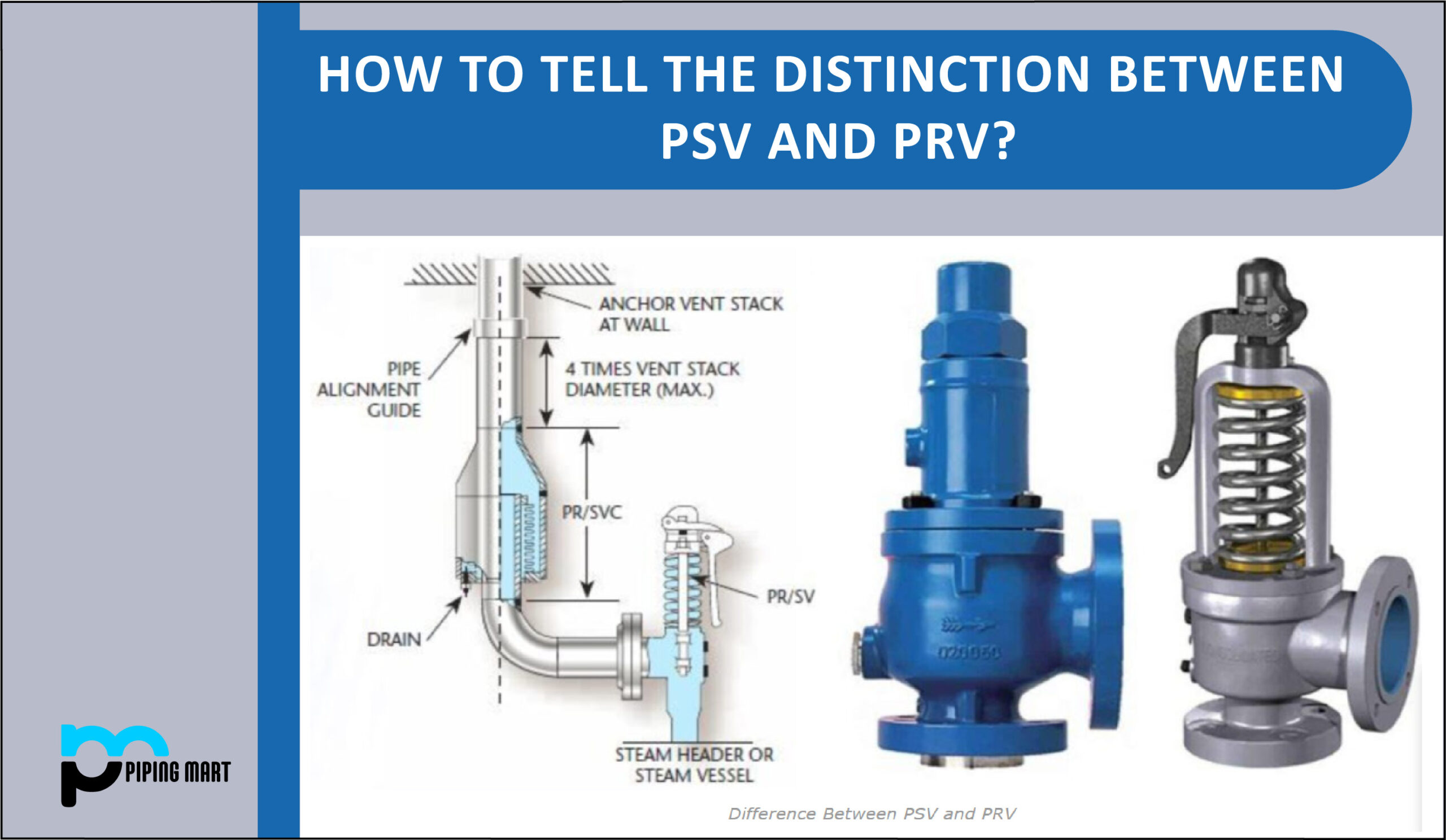Explosion welding is a process that uses an explosive charge to bond two pieces of metal together. This technique has been used since the 1950s, and today it remains one of the most effective ways to join metals. If you’re considering using explosion welding for your next project, then you should know the advantages and disadvantages of this process. Let’s take a closer look.
Advantages of Explosion Welding
The primary advantage of explosion welding is its ability to join dissimilar metals in a single operation. For example, you can use explosion welding to join aluminium and steel or even stainless steel and titanium. In addition, this process creates no heat-affected zones (HAZ), which makes it ideal for joining materials that are sensitive to thermal stress. It also offers fast cycle times with minimal preparation time required prior to welding and produces high-strength bonds with excellent fatigue resistance.
Joining of Dissimilar Metal
One of the primary advantages of explosion welding is that it can be used to join dissimilar metals. This is because the high energy from the explosion creates a metallurgical bond between the two metals, which results in a stronger joint than if the metals were joined using traditional methods such as welding or brazing.
No Heat-Affected Zone
Another advantage of explosion welding is that it does not create a heat-affected zone (HAZ). The HAZ is the area around a weld that has been heated to such a high temperature that it has been altered structurally and/or chemically. The lack of a HAZ means that explosion welds are less likely to experience problems such as cracking or warping.
Increased Efficiency
Explosion welding is also much more efficient than traditional welding methods. This is because the entire surface area of the joint is welded simultaneously, rather than just a small area, as with traditional methods. This increased efficiency can result in significant cost savings, as well as shorter production times.
Versatile Applications
Explosion welding can also be used for a variety of applications, including the joining of thin sheets of metal, the creation of autoclaves, and the repair of pipelines. This versatility makes it an ideal choice for many different industries, such as aerospace, automotive, and construction.
Environmentally Friendly
Another advantage of explosion welding is that it is an environmentally friendly process. This is because there are no fumes or toxins released into the atmosphere during the welding process.
Disadvantages of Explosion Welding
Despite its many advantages, there are some drawbacks associated with explosion welding as well. The main disadvantage is that this process requires special equipment and expertise not always available at every fabrication shop. Additionally, parts must be accurately aligned prior to welding in order for the weld to be successful; misalignment can lead to poor-quality welds or even catastrophic failure during the detonation phase of the process. Finally, because an explosive charge is used during this type of welding, safety precautions must be taken by all personnel in order to minimize potential risks associated with working around explosives.
Limited Applications
One of the primary disadvantages of explosion welding is that it has limited applications. This welding process can only be used on materials that are compatible in terms of chemical composition and mechanical properties. Additionally, the materials must be able to form a metallurgical bond in order to be welded together using this process.
High Cost
Another disadvantage of explosion welding is that it is a relatively high-cost welding process. This is due to the fact that it requires special equipment and trained personnel to carry out the welding process. Additionally, the materials to be welded must be carefully selected in order for the welding process to be successful.
Potential for Damage
Another potential disadvantage of explosion welding is that there is a potential for damage to the materials being welded. This is because the explosion that is used for welding the materials together can also cause damage to the materials if they are not compatible. Additionally, if the explosion is not carried out correctly, it can result in incomplete fusion or other problems with the weld.
Requires Specialized Training
Another disadvantage of explosion welding is that it requires specialized training to carry out the welding process correctly. This welding process is not as simple as other welding processes and requires trained personnel to carry out the process correctly. Additionally, this welding process must be carried out in a controlled environment in order to minimize the potential for damage to the materials being welded.
Potential for Incomplete Fusion
One final disadvantage of explosion welding is that there is a potential for incomplete fusion between the materials being welded. This can occur if the explosion is not carried out correctly or if the materials being welded are not compatible. Incomplete fusion can lead to weak or porous welds that may not meet specifications.
Conclusion:
Explosion welding offers a number of benefits when it comes to joining dissimilar metals together quickly and safely. However, it requires specialized equipment and expertise as well as strict adherence to safety protocols due to the nature of the explosive charge used in the process. As such, before engaging in any projects involving explosion welding, engineers and industrialists should ensure they have access to all necessary resources before beginning any work-related activities.

Abhishek is a seasoned blogger and industry expert, sharing his insights and knowledge on various topics. With his research, Abhishek offers valuable insights and tips for professionals and enthusiasts. Follow him for expert advice on the latest trends and developments in the metal industry.




